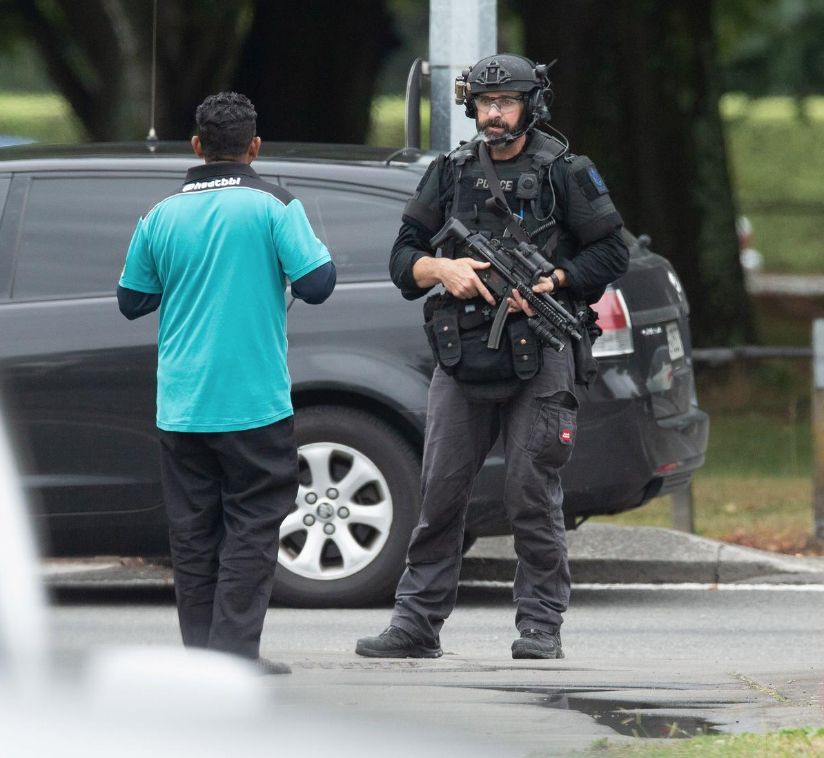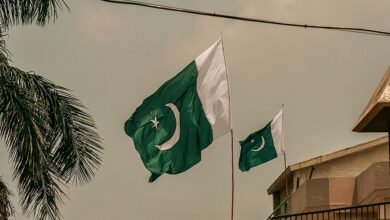
The crime in New Zealand that left 50 innocent martyrs in a house of God marks a turning point in the current of violence and terrorism that has hit the world during the past decades. The causes of this terror have certainly become more complex than its religious dimension. Regardless, in both the West and the East, some still reduce terror to its Islamic referent and assume that the solution lies in the renewal of religious thought.
Certainly, the terrorist who committed this heinous crime had complicated motives mostly traceable to cultural, ethnic and political bases. Religion might be the last reason that one considers. In any case, history has taught us that economic, political, and colonial projects often masquerade as religious causes.
Despite this realization, a religious and ideological quality cannot be denied when one examines the materials left behind by the New Zealand terrorist, who holds Australian nationality. He wrote 74 long pages, (and posted them on social media), in which he presents his motives for carrying out this terrorist act. He cites the Crusades and expresses his admiration for any number of symbols of the extreme nationalist right in Europe, in tandem with his esteem for Donald Trump.
In one notation, he said that the defeat of Marine Le Pen (a far-right leader) in the French presidential elections convinced him that his goals could not be achieved by political means. By his logic, there is no alternative to violence if Europe is to be liberated from Muslim invaders.
It is noteworthy that the Western terrorist was born to a “low-income, working class family” and that he “decided to take action to secure his people’s future.” In his statement, he added that he is “just a normal white man.” He said he carried out the attack to “directly reduce immigration rates to European territories.”
The white terrorist described his horrific attack as a way to show “the invaders that our countries will never be theirs, that our homelands are ours, and that as long as there is a white man who is still alive, they will never occupy our land and will not reside in the place of our peoples.”
The manifesto shows social, cultural and ethnic motives that go beyond a simple religious situation (Islam and Christianity). The terrorist declares war on all immigrants who are culturally and religiously different from himself, calling them “invaders.”
We must imagine how their situation would be different if the Muslims targeted by this criminal terrorist had belonged exclusively to advanced Arab and Islamic countries–nations not already governed by authoritarian regimes. Many of their nations of origin export thousands of refugees per day; those refugees flee to escape poverty, destitution and oppression. What if their home countries were not also known for extremist terrorists who blow up places of worship–mosques and churches–and burn the green land. If they were from those more “stable” nations, they would not have not been targeted. They might merely travel as tourists, experts or technicians who visit Europe before returning to their gainful countries. They would not have needed to seek refuge abroad in the first place.
The religious dimension cannot be totally dismissed. But it cannot be thought of as a major reason for what happened in New Zealand. Non-religious factors have birthed and raised this kind of white terrorism.




